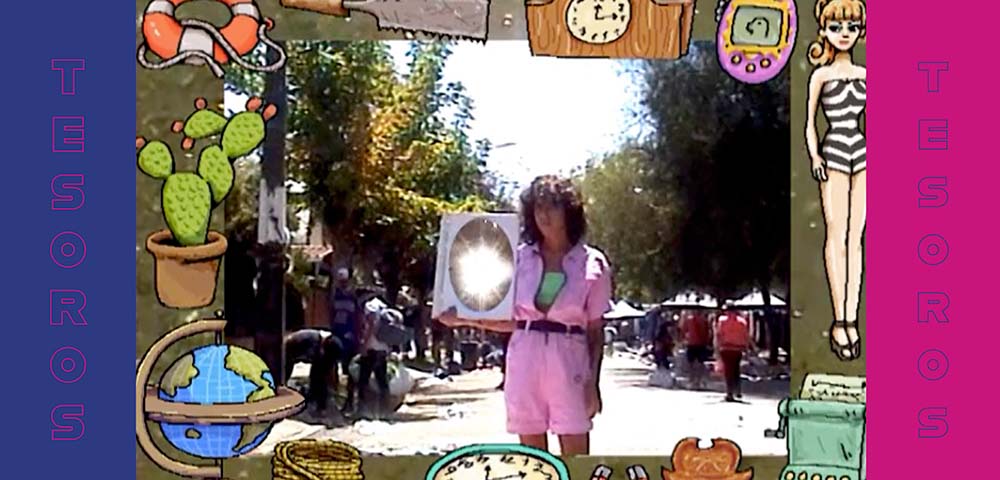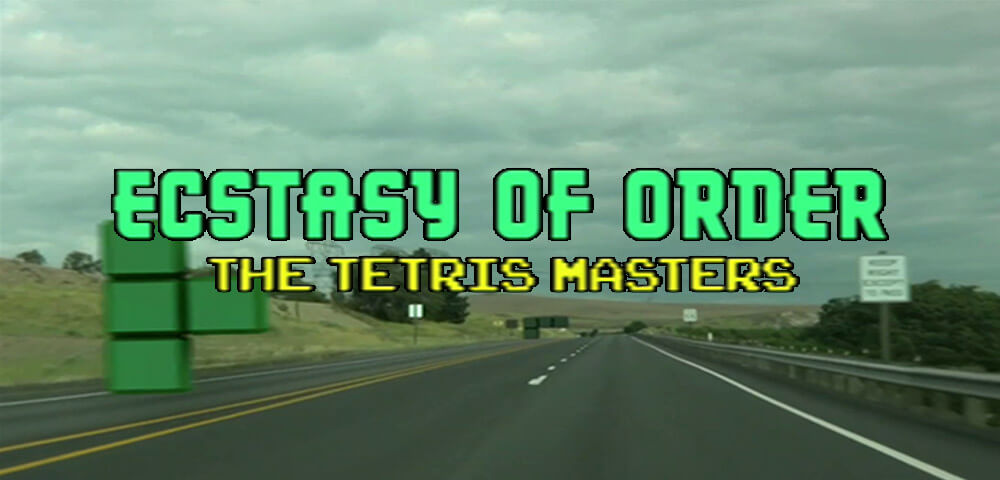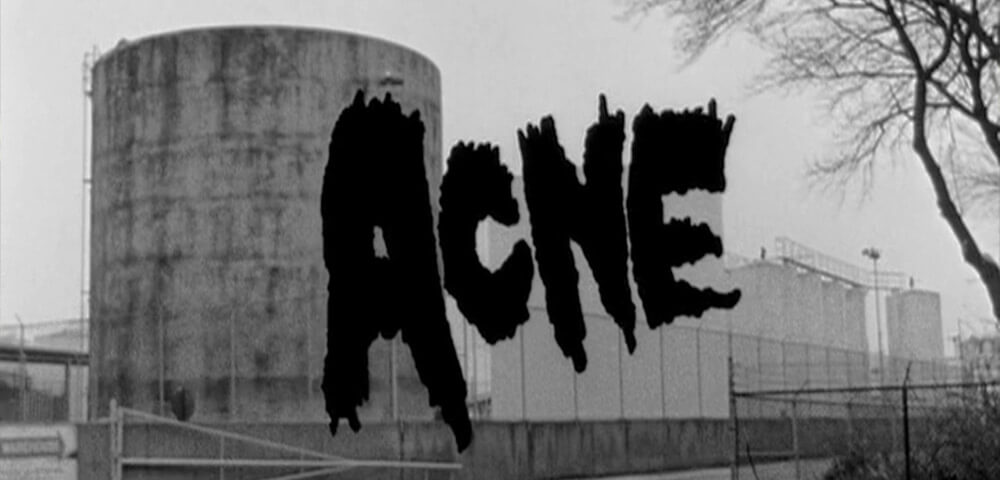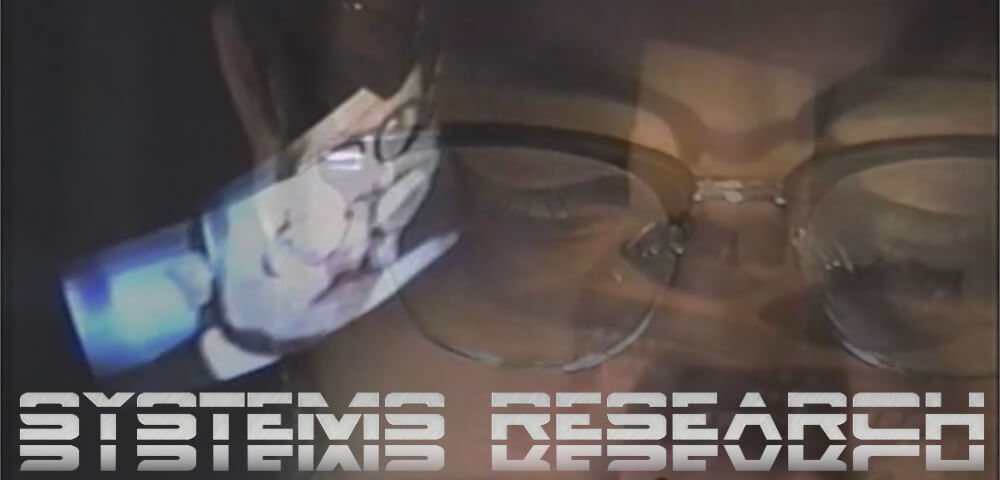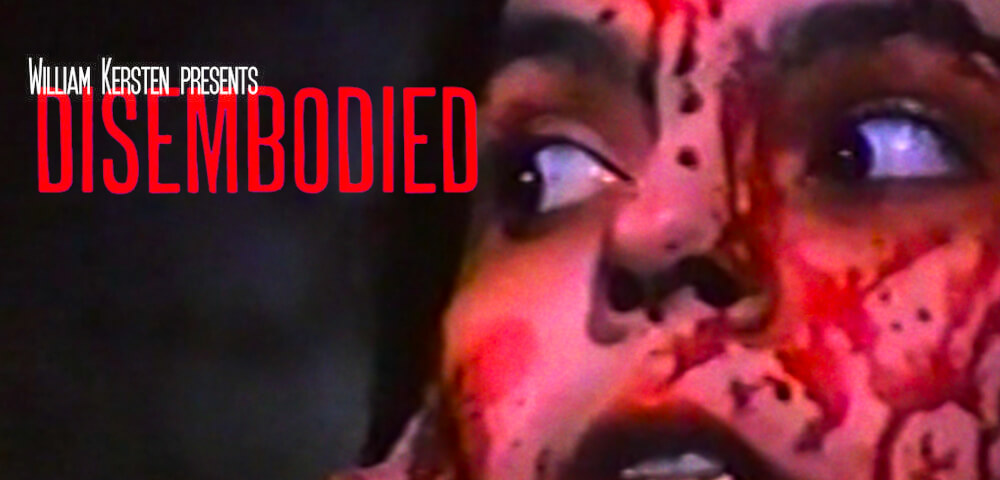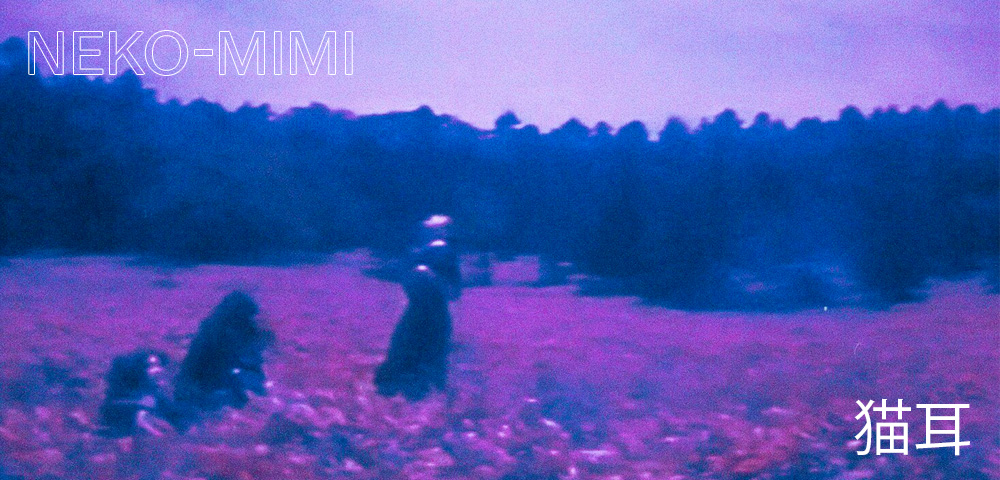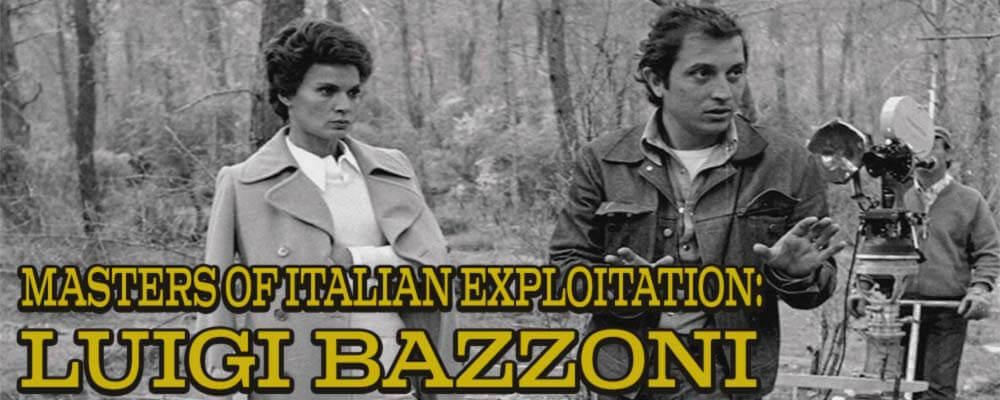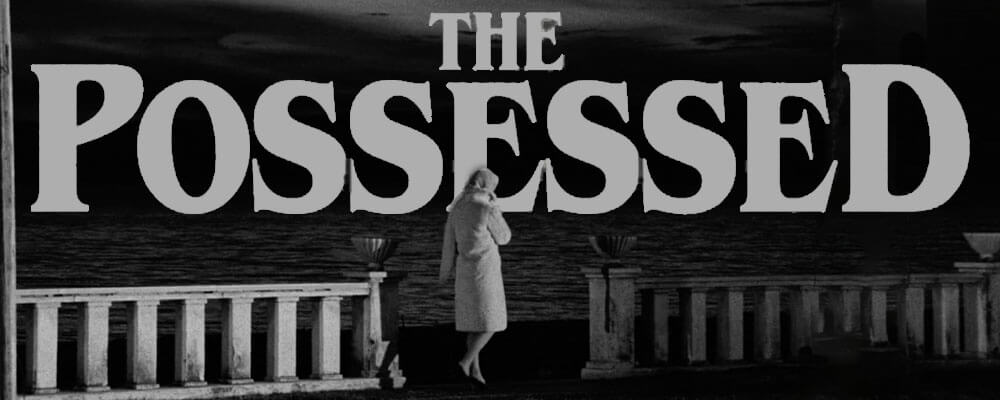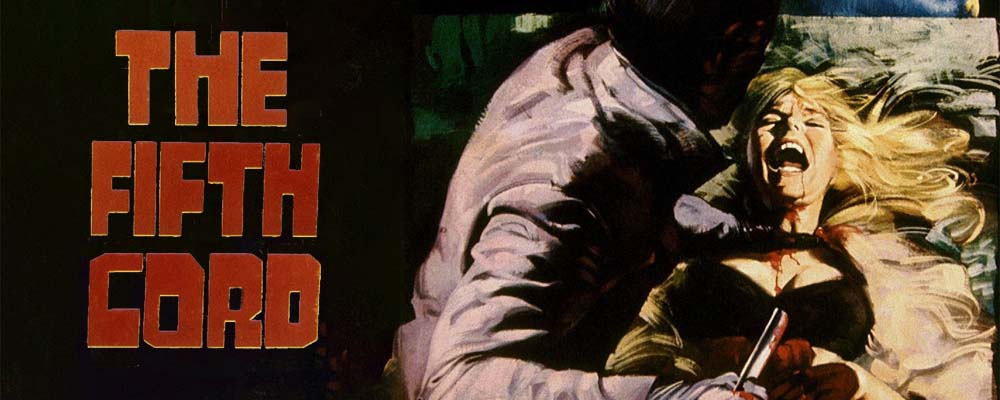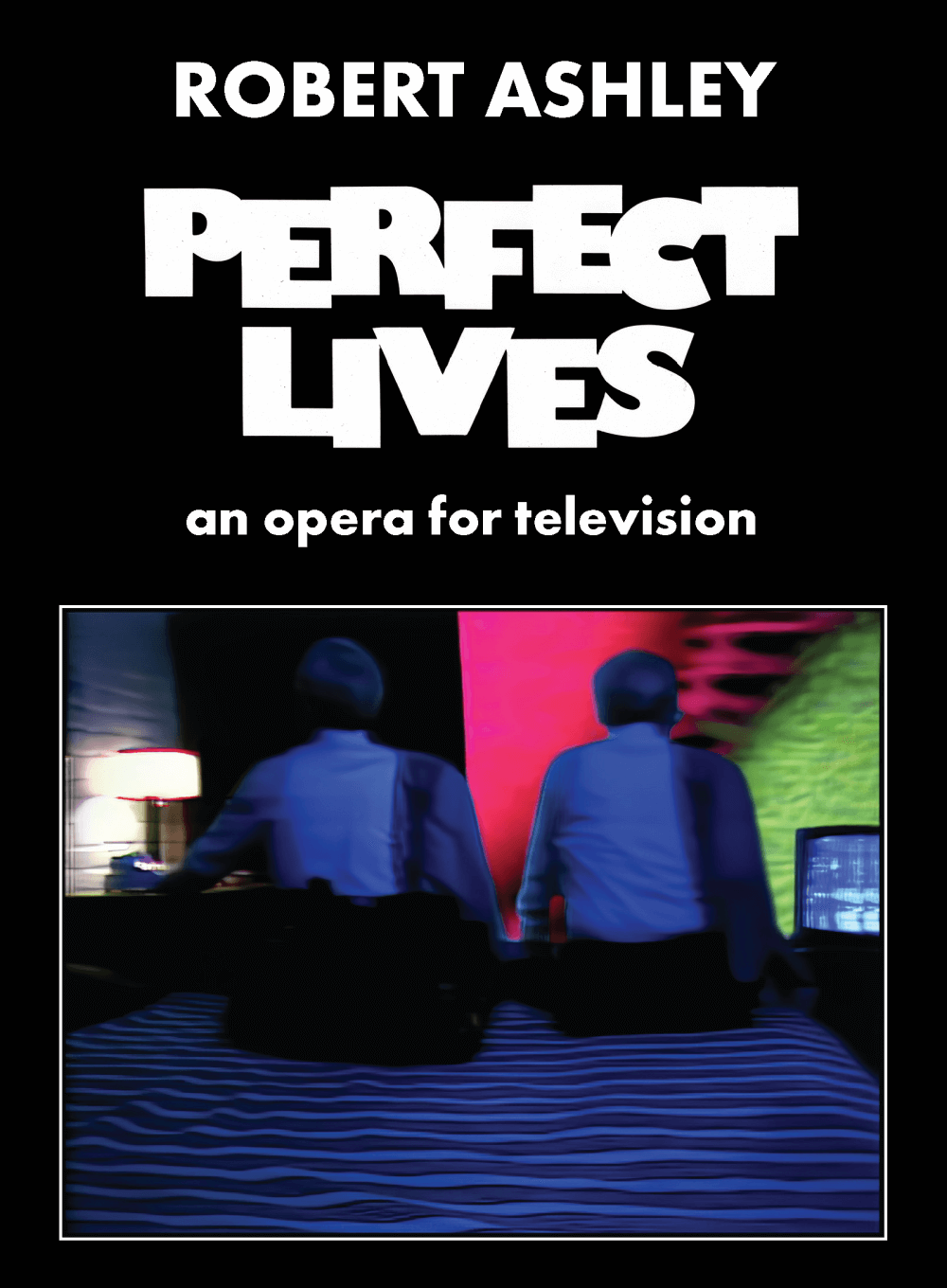In collaboration with the
Cosmic Shelter: Hélio Oiticica and Neville D’Almeida’s Private Cosmococas exhibition—on view until March 30th at the Hunter College Art Galleries—please join us at 124 s. 3rd street for a beyond-rare chance to see the first two films directed by Brazilian filmmaker, artist and holy madman
Neville D’almeida. Each screening will be followed by a remote discussion with D’Almeida, moderated by
Cosmic Shelter curator Daniela Mayer.
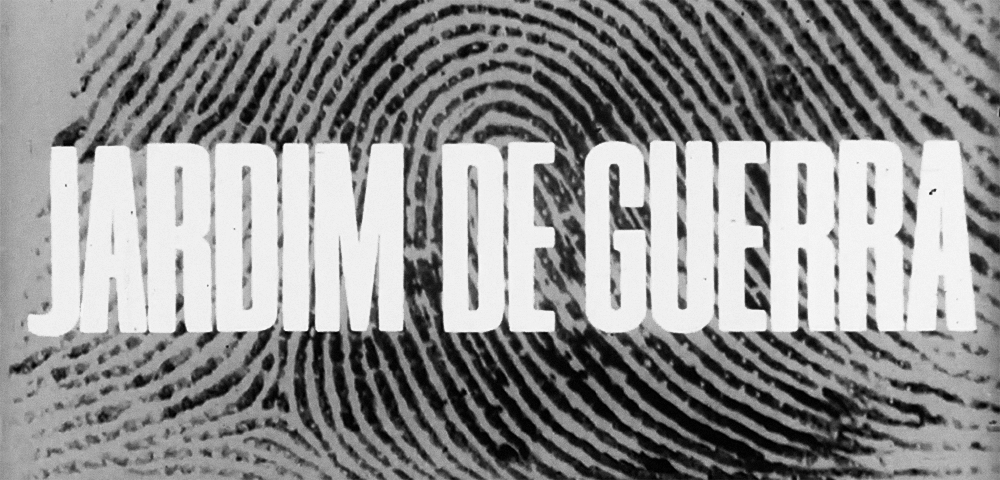
JARDIM DE GUERRA
(WAR GARDEN)
dir. Neville D’almeida, 1967
Brazil. 92 mins.
In Brazilian Portuguese with English subtitles.
SATURDAY, MARCH 16 – 1 PM followed by a discussion with Neville D’almeida
ONE SCREENING ONLY!
Set in Rio de Janeiro under the military dictatorship in the 1960s, JARDIM DE GUERRA follows a young leftist Edson and his love interest, aspiring filmmaker Maria, played by Joel Barcellos and Maria do Rosário, respectively. The plot takes a dark turn when Edson, in an attempt to raise fast money for Maria’s film, is baselessly arrested and tortured for his suspected involvement in a plot to overthrow the regime. Ironically, JARDIM’s seditious content led to its interception by the real Brazilian military government, which used the infamous 1968 Ato Institucional Número Cinco [Institutional Act Number Five] to censor the press, music, film, theater, and television for inflammatory political and moral content. JARDIM was barred from public screenings and some scenes were destroyed or lost forever.
The film showcases D’Almeida’s signature style as an auteur: he breaks the fourth wall of his fictional narratives with shots of political propaganda and photographs to communicate subversive (and ironic) ideological concepts to the audience. These elements reportedly impressed Oiticica, who met D’Almeida at a private screening of JARDIM DE GUERRA in Brazil, initiating the duo’s artistic relationship. The scenes on view here showcase D’Almeida’s radical political commentary, with his ideas and imagery of Latin America, war, race, and drugs foreshadowing his later collaboration with Oiticica on the Cosmococas.
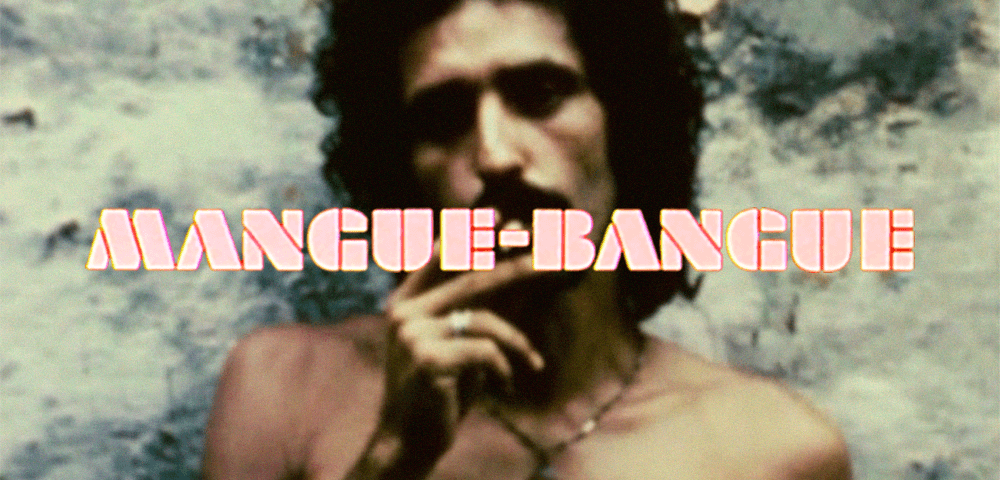
MANGUE BANGUE
dir. Neville D’almeida, 1971
Brazil. 62 mins.
No dialogue.
SATURDAY, MARCH 16 – 3 PM followed by discussion with Neville D’almeida
ONE SCREENING ONLY!
D’Almeida originally imagined MANGUE BANGUE as a collaboration with Oiticica, but the latter’s transcontinental move led D’Almeida to complete the film himself, editing the project in London to avoid censorship. The silent film’s story loosely follows a stockbroker as he devolves into a primitive creature that raves between Rio de Janeiro’s financial center and Mangue, the neighboring red-light district, before disappearing into the jungle. Blurring the line between documentary and fiction, D’Almeida integrated long sequences of actors and real people performing common tasks, from laundry to drug use, to capture the ordinary lives of criminal and marginalized figures in Brazil. The film was shown for the first time on March 9, 1973, at the Museum of Modern Art in New York, to a handpicked group of Brazilian and North American artists and critics. Oiticica was taken immediately with the film’s adept visual representation of the minutiae of everyday life, writing that “MANGUE BANGUE is not a naturalist document of life-as-it-is or a search on the part of a poet-artist for what’s fucked up in life: it is rather the perfect measure of the film-sound gaps-fragments of concrete elements.”
The raw authenticity of the film and its extended visual sequences were key forerunners to the Cosmococas, the first of which was created only four days after the screening of MANGUE BANGUE.
NEVILLE D’ALMEIDA was born in 1941 in Belo Horizonte, Minas Gerais, Brazil. He became devoted to cinema at age sixteen, when he joined the film club at the Estudos Cinematográficos de Belo Horizonte [Center of Cinematographic Studies of Belo Horizonte] and was exposed to various global cinema movements. The artist moved to New York during the 1960s to continue his cinema studies before returning to Brazil, where he created experimental films that gained a reputation for their frequent censorship. His early feature films JARDIM DE GUERRA (1967), PIRANHAS DO ASFALTO (1971), NIGHT CATS (1972) and SURUCUCU CATIRIPAPO (1973) were intercepted by the Brazilian military government, who destroyed scenes and prevented the movies’ public display.
D’Almeida found commercial and critical success with his erotic drama A DAMA DO LOTACAO (LADY ON THE BUS, 1978) starring actress Sônia Braga, which remains the sixth highest-grossing movie in Brazilian cinema history. His subsequent movies in the same genre, OS SETE GATINHOS (THE SEVEN KITTENS, 1980) and RIO BABILONIA (RIO BABYLON, 1983) were also national box-office hits. In 1991, he was awarded best director both at Festival Brasília do Cinema Brasileiro (Brasília Festival of Brazilian Cinema) and Festival de Cinema de Gramado (Gramado Film Festival) for MATOU A FAMILIA E FOI AO CINEMA (KILLED THE FAMILY AND WENT TO THE MOVIES, 1991). D’Almeida currently lives in Rio de Janeiro, where he continues to make films.
DANIELA MAYER is a New York based Brazilian-American researcher, educator, and curator focused on transnational artist networks across the Americas. More on her projects here.
